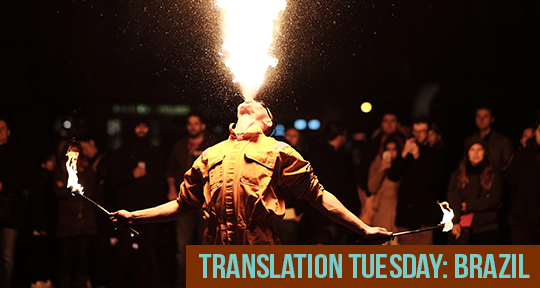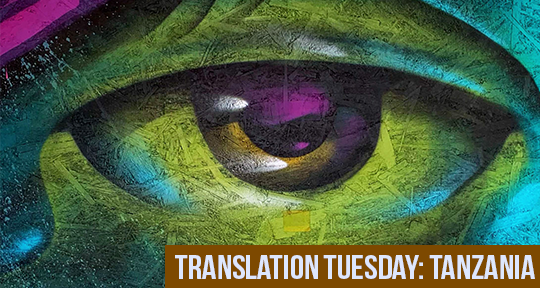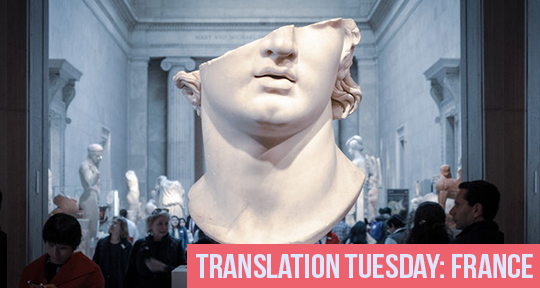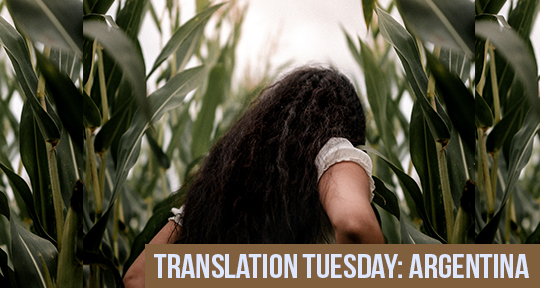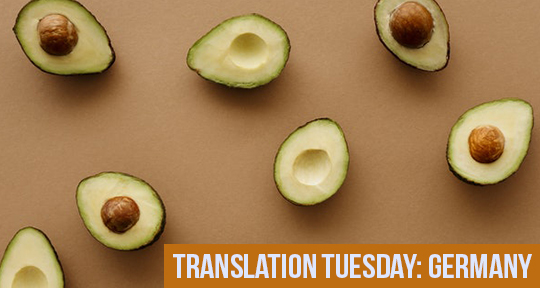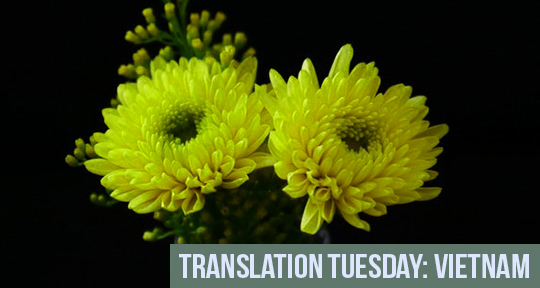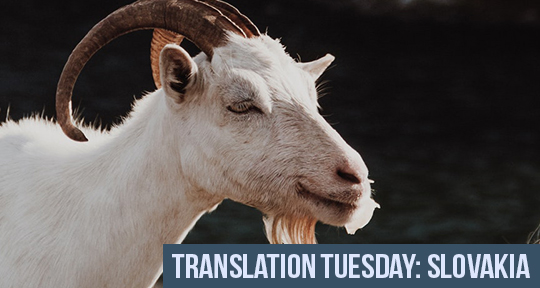This Translation Tuesday, we are thrilled to bring to you two sketches from Vicente Rama translated from the Binisayâ by Alton Melvar M Dapanas. Join our Editor-at-large for the Philippines, as they show us through the literary and linguistic histories of a writer widely considered as the Father of Cebu City.
“The following dinalídalí (sketches or vignettes) are taken from Larawan [Portrait], a collection of sugilanon (short stories) and dinalídalí written by fictionist Vicente Rama (1887-1956) published in 1921 by The Cebu Press. In Portrait, realism and radio drama sentimentality, sometimes street humour, Christian didacticism, and folklore, backdropped with the ethos of working-class ruralscape, are prevalent, symptomatic of late 19th to early 20th century Philippine fiction in Binisayâ, Tagalog, and other local languages. To National Artist for Literature and Cebuano Studies scholar Resil B Mojares, this comes as no surprise “considering the contact Filipino writers had with Romantic literature through Spanish and American intermediaries.” Rama himself wrote from within a particular tradition in Philippine literature in Binisayâ: the dinalídalí, in itself comparable to the binirisbiris and pinadalagan (sometimes spelled pinadagan, or the Spanish instantanea and rafaga), “short account[s of] spontaneous and hurried quality” which subversively proliferated in vernacular publications even at the imposition of American literature and the English language in the public educational system after the Philippine-American War. Most sugilanon and dinalídalí from Rama’s Portrait started as serialised prose pieces from Kauswagan [Progress] and the bilingual Nueva Fuerza/Bag-ong Kusog [New Force], both periodicals he himself edited, the latter, he owned.
My impetus behind translating Rama is grounded on two rationales. First, it has been 100 years since the publication of Portrait. The second reason is geopolitical. “Few works in Cebuano [or Binisayâ],” according to Mojares, “have been translated into other languages, whether foreign or Philippine. This is essentially a problem of power: Cebuano has historically been relegated to a position subordinate to Spanish, English, and Tagalog. The concentration of state power and media resources in a Tagalog-speaking primate region and the promotion of Tagalog as ‘base’ for the national [Filipino] language, or as the national language itself, have marginalized regional languages like Cebuano. As a consequence, the development of Cebuano has been stunted.”
Perhaps the primary challenge in translating Rama is that his Binisayâ is distant from mine not only in terms of the temporal (a century apart) but also in the geopolitical (my native tongue is a different dialect within Binisayâ; his is contentiously considered ‘the standard’). His Binisayâ—in its contemporary form a language already heavily influenced by, and possibly the language spoken by the ‘natives’ who had first contact with, the former Iberian colonisers—is also interlaced with the conventions of mechanics and punctuation from Spanish which are no longer used. A product of his own time, Rama’s moral compass is also very different from mine. While “Ang mga mahadlokon” [The cowards] paints a homophobic and effeminophobic picture of two unmarried—possibly queer-coded for gay—men living together as chicken-hearted village idiots, the fictional universe of “Divorcio” [Divorce] is where victim-blaming coupled, as always, with misogyny, is normalised. So beyond textual concerns, my act of translating Rama was also a sort of my confronting of the perpetual elephant in the room in several works within Philippine literature in Binisayâ from a century ago and even that which pervades until today. Such is propagated by paleo/conservative circles of old, (predominantly) male writers who are remnants—or, I daresay, residues—not only of this particular aesthetics, but also of this sociopolitical alt-Right conservativism which, with misplaced regionalism in the mix, has enabled and is still complicit to Philippine authoritarian fascistic regimes.”
—Alton Melvar M Dapanas
The Cowards
It was 3:30 at Sunday dawn, the day of the mass at church. Ating and Tuloy both rose from bed and got on their feet.
“Let’s go, Tuloy. It’s time for church.”
“I know. I even called you up earlier.”
And so the two went down the stairs. I should say that these two bachelors are known in town for being chicken-hearted so not a day goes by without them doing things together. As they trek through the dimness of the road, they realized they’re being followed. With the loud footsteps behind them, Tuloy felt the chill. He poked Ating and whispered, “Check out who’s behind us.”
“Ah, not me,” Ating pleaded.
And so on they went while holding each other’s hands tight. When they stop, the one behind them stopped as well. When they run, the one behind them ran as well.
“We’re going to die, Tuloy!” Ating mumbled.
“Don’t say a word! Just pray,” was Tuloy’s reply. READ MORE…


